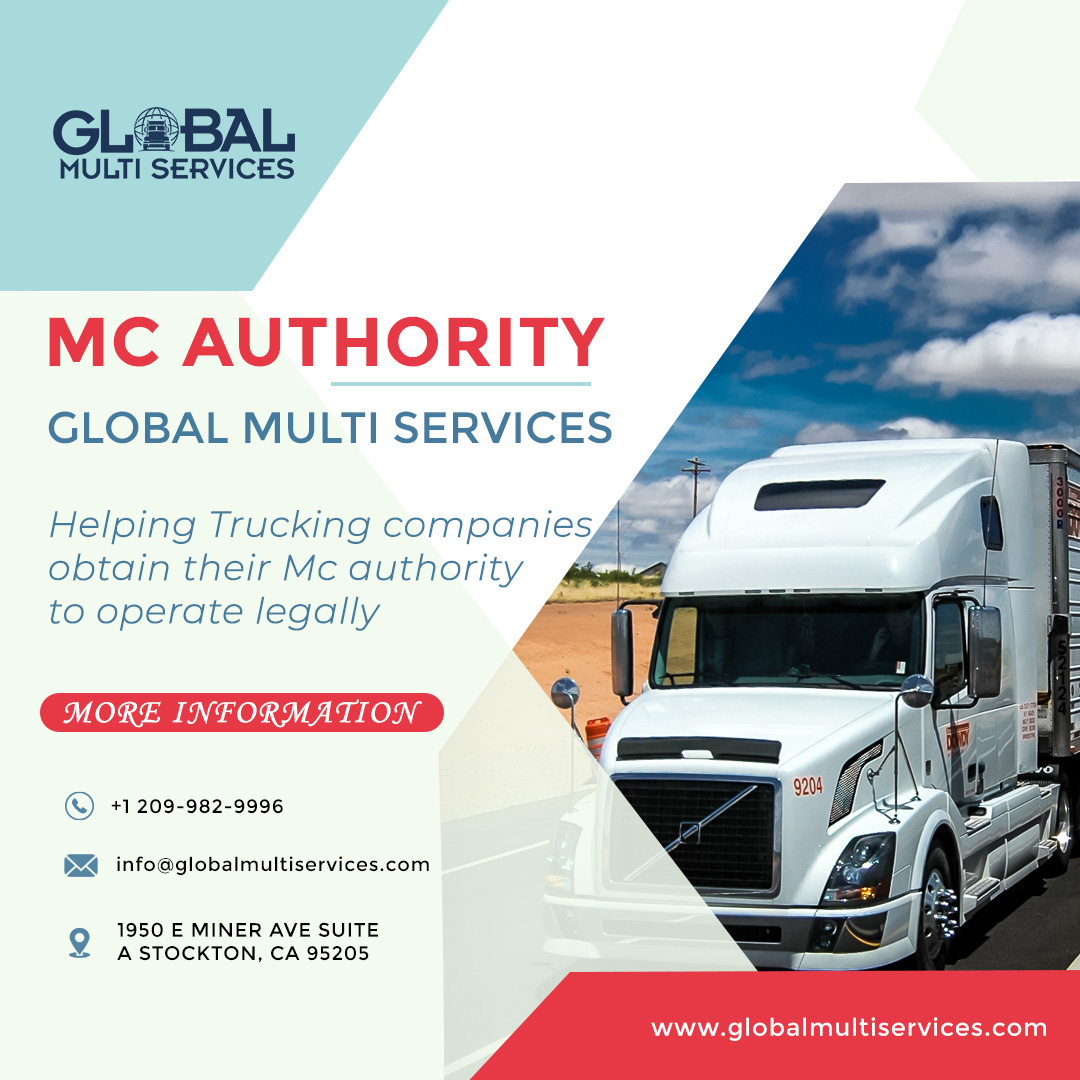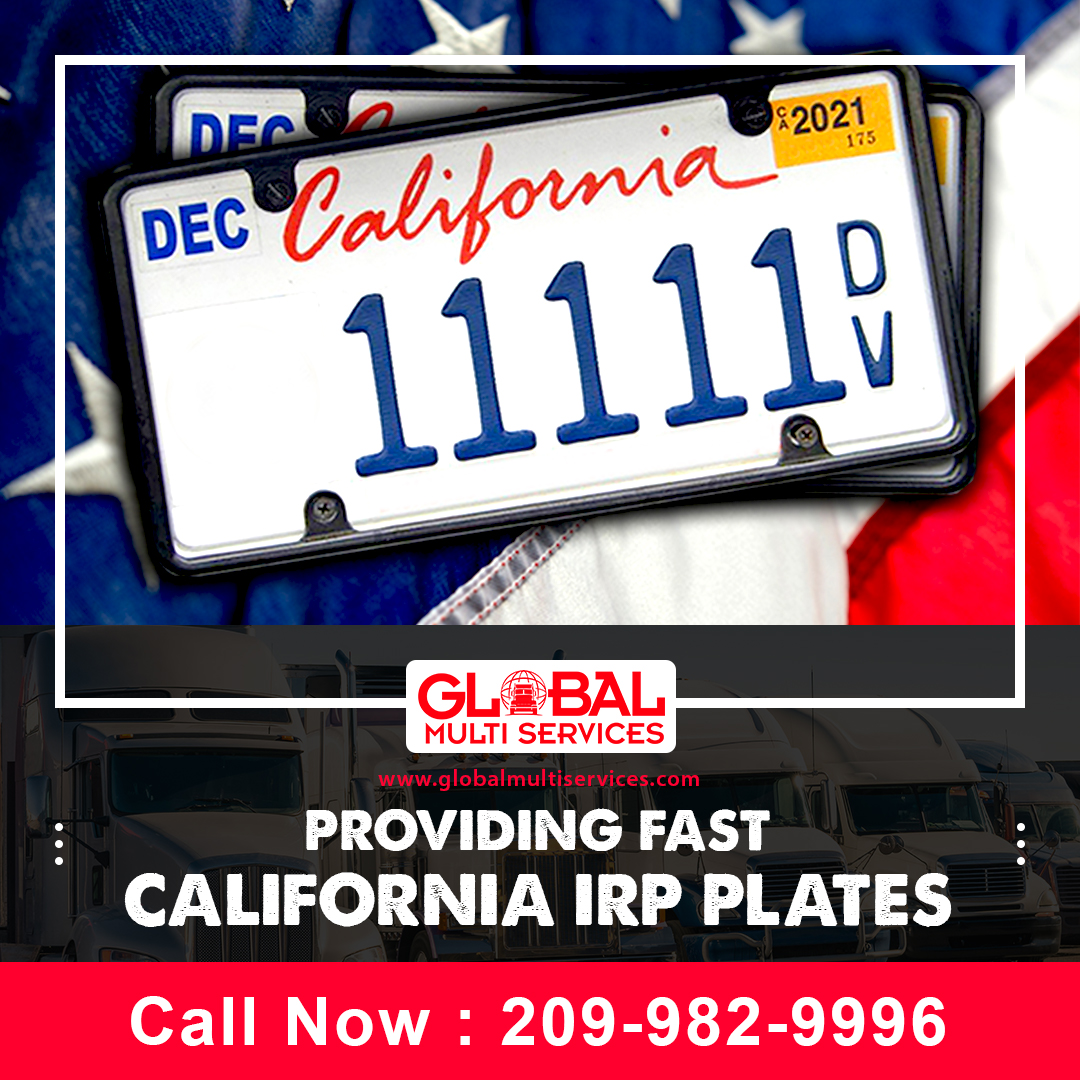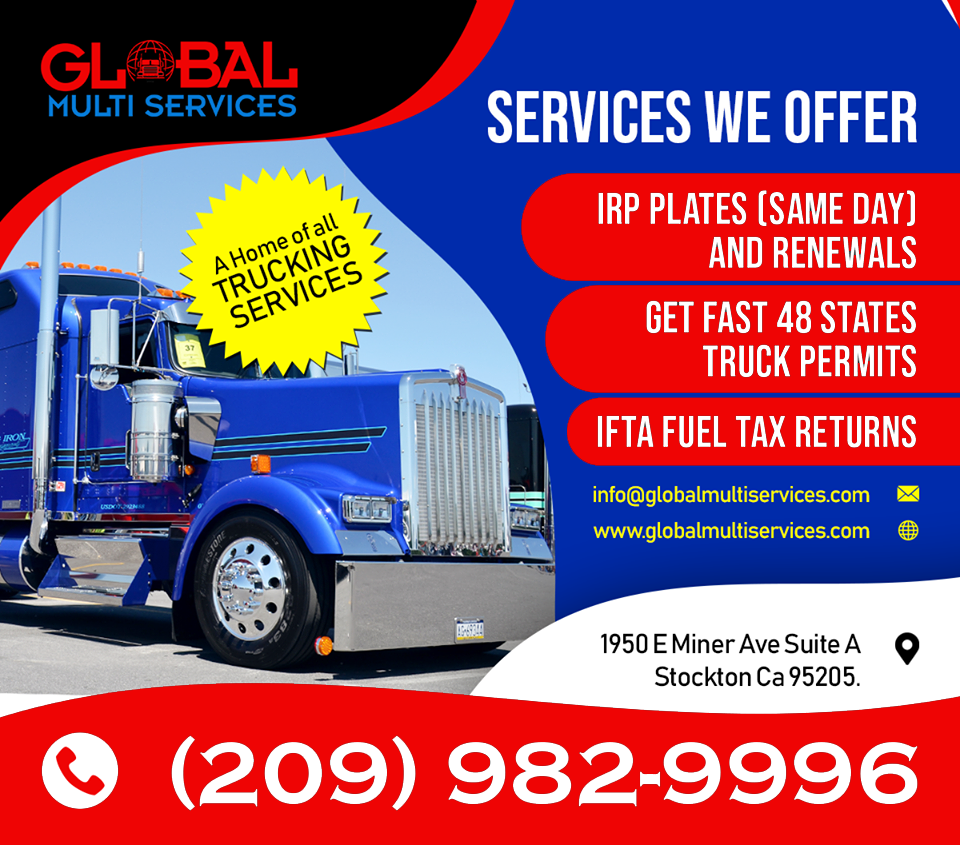Many people are aware of the basics of the trucking industry and its importance. But there is a lot more they need to know about the industry. The trucking industry makes a large part of the United States economy, and many people rely on trucking companies to deliver commercial and industrial items. Trucking companies must also adhere to the regulations of the industry to operate across the country. These include obtaining licenses and permit such as MC Authority, UCR Permits, and many more.
If the trucking industry disappears, many people will be left homeless and have nothing to eat. There would also be ramifications in the country. Read on as Global Multi Services walk you through some interesting facts you do not know about the trucking industry.
TRUCK HAUL MORE FREIGHT
According to reports, trucking companies transport raw materials and goods from one place to another across the United States. Surprisingly, they transport about 70% of these goods and raw materials through trucks. Research has also shown that truck drivers haul around 12 billion tons of goods every year.
Other methods for transporting freight include rail, air, pipeline, or vessel. However, they cannot carry as much weight as trucks when hauling within the United States. That is why the reliance on trucks continues to increase over the years.
MC AUTHORITY IS MANDATORY
Trucking companies need to obtain Motor Carrier Authority and other licenses to transport goods on public roads in the United States. The authority is issued to them by the Federal Motor Carrier Safety Administration. Failure to obtain these authorities can lead to hefty fines and penalties.
THERE ARE DIFFERENT TYPES OF TRUCK DRIVERS
Many people do not know that there are different kinds of truck drivers. These include over-the-road drivers, regional drivers, dry van drivers, tanker drivers, refrigerated freight drivers, and many more.
OTR Truck Drivers: The OTR truck drivers transport freight throughout the United States. They spent days and weeks on the road away from their family.
Regional Drivers: The regional truck drivers haul freight within a specific area. They only remain outside for a few hours and complete their shifts on time.
Refrigerated Freight Drivers: Refrigerated freight truckers deliver perishable goods such as medical products, meats, body products, and many more. They need to know how to regulate their truck’s temperature, keep tabs on any temperature fluctuations, and store the goods properly for the best refrigeration and temperature stability.
Dry Van Drivers: Dry van drivers often operate large single trailer vehicles containing non-perishable products and dry goods.
Therefore, you need to understand how drivers work if you plan to start a trucking company.
SHORTAGE OF TRUCK DRIVERS
The trucking industry is experiencing a severe shortage of drivers, and they are struggling to meet customers’ demands. And one of the leading reasons behind the lack of drivers is age. The average age to drive a truck is twenty-one years, and many young adults often divert to other professions before reaching that age.




